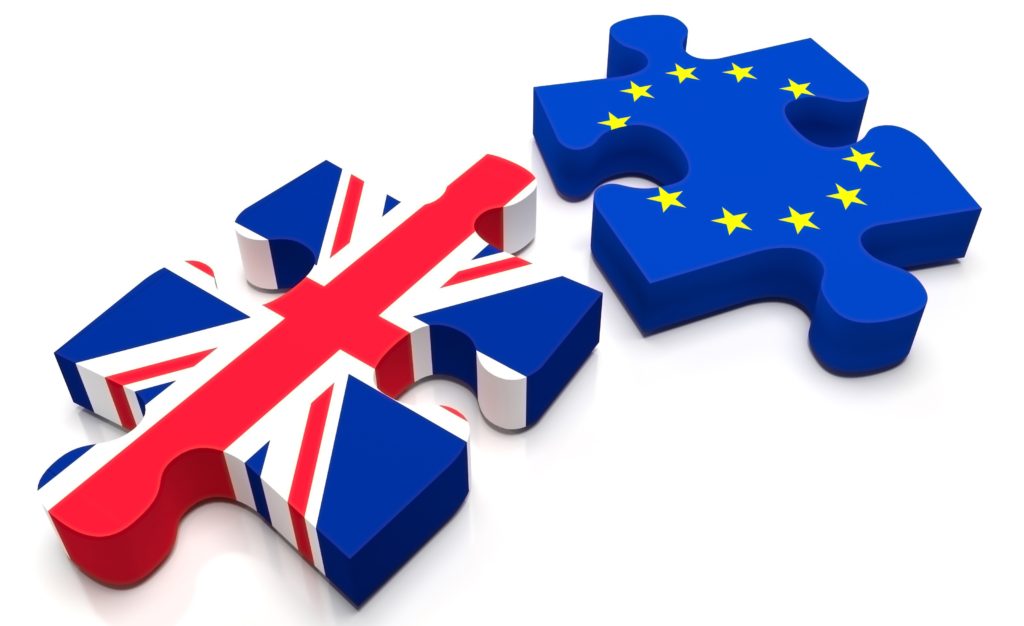The one thing that the “Remain” and “Leave” campaigns in Britain’s EU referendum both agreed on was that a “Brexit” would lead to some measure of uncertainty. Now that it has happened, uncertainty is what Britain’s got as the country teeters on the brink of political, economic and social chaos. Here are five questions that need to be answered. When is Britain leaving? Despite pro-Remain politicians falling over each other to insist that Britain must accept the “democratic will” of its people, nobody has actually done so yet. David Cameron did not trigger the “Article 50” EU exit mechanism, the most likely method of departure, saying it was for his successor to do so. Some in Europe, among them EU Commission President Jean-Claude Juncker and Belgian Prime Minister Charles Michel, would like to force his hand and have him do it sooner. Assuming they don’t get their way, the step would be taken in September or October. Other voices, though, are calling for even more of a delay, notably Conservative Party leadership contender and Health Secretary Jeremy Hunt, who wants to negotiate a new deal, put it to a second vote, and only then trigger the exit mechanism. It would be possible for Britain simply not to leave, but politically that would be very difficult. What does an EU deal look like? The possibilities are numerous but so far the key debate has centered around three points: first, does Britain want the same or similar access to the European single market as it currently enjoys? Second, should Britain push for restrictions on EU migration, and third, is it possible to get both? The weight of opinion on the continent is that both of these together in a deal would be too much to ask—Europe can’t be seen to reward Britain for its referendum, and many want to actively punish it. But David Cameron suggested at an EU summit on Tuesday that Europe should work towards conceding on both. The overwhelming economic opinion in Britain is that significant restrictions on freedom of movement would be destructive for the country’s already shaken economy …
Brexit: Five Questions That Need Answers

